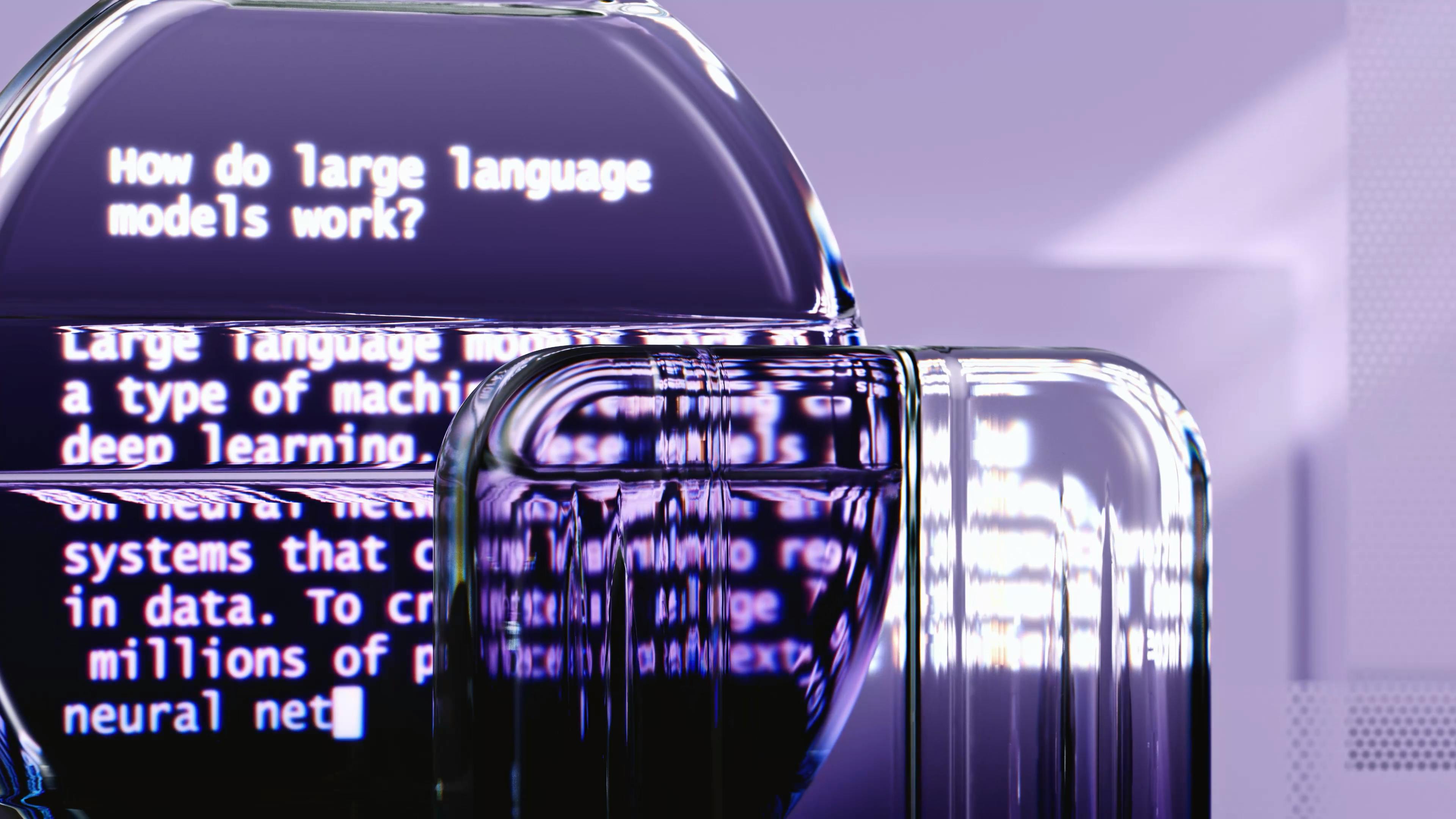AI Accountability: Who Takes Responsibility for AI Decisions?

- 2.12.2024
- ethicalaiblog
Artificial intelligence (AI) systems are making increasingly impactful decisions. But when these decisions lead to errors or unintended consequences, who takes responsibility? This question lies at the heart of AI accountability.
The complexity of AI systems can make it challenging to determine accountability in case of failures. For example, if a healthcare diagnostic system provides a wrong diagnosis, who is at fault? The developer of the system, or the doctor using it? Such scenarios highlight the need for a clear framework.
How to Ensure Accountability?
- Transparency: Explaining how AI systems function and the data they base their decisions on.
- Audit Processes: Establishing regular evaluations to monitor AI performance.
- Legal Regulations: Creating laws and regulations that define the scope of AI accountability.
Accountability is not just an ethical requirement but also a crucial factor in building public trust in AI. Developers and organizations must prioritize responsible AI usage to ensure its benefits outweigh potential risks.
Tags
Tags
- Artificial Intelligence Ethics
- Data Privacy
- Bias in AI
- AI Accountability
- Ethical AI Development
- AI and Society
- Autonomous Systems
- AI Regulation
- Human-AI Interaction
- AI Transparency
- AI for Good
- Algorithmic Fairness
- AI in Healthcare Ethics
- AI and Employment
- Responsible AI Use
- AI and Human Rights
- TeachingWithAI
New Posts
New Posts
0 comments
To leave a comment, please log in.